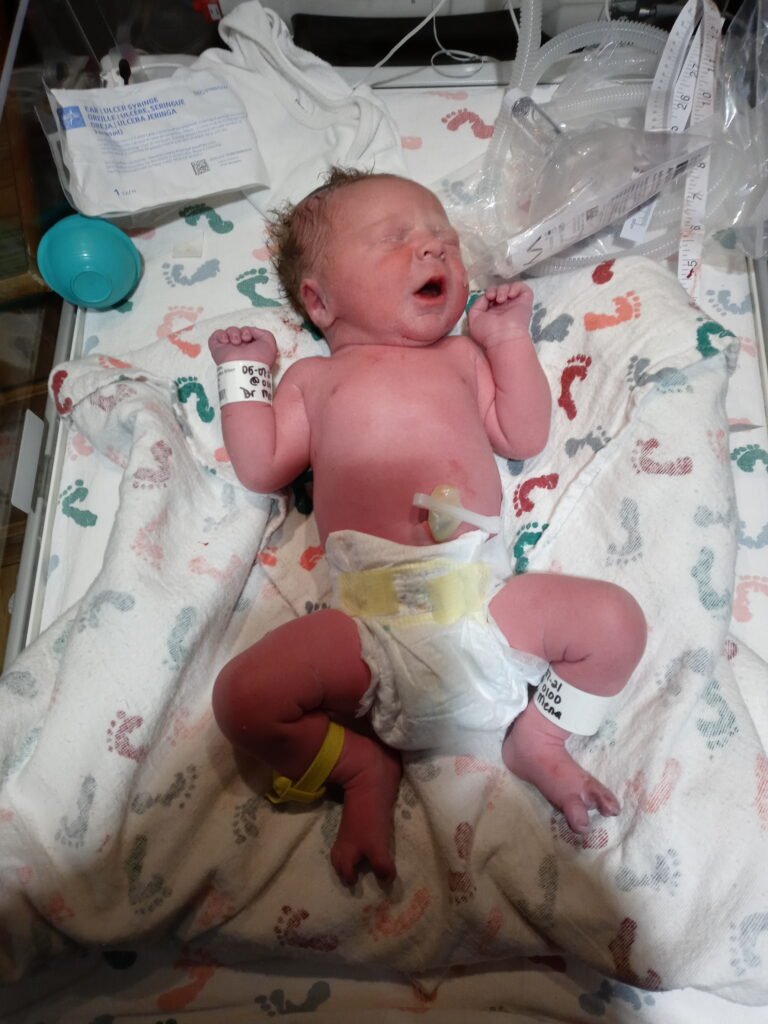They don’t hand you a How-To manual when leaving the hospital—but they should!
Since we do not have manuals tossed our way (I suggest parenting classes, but not all are able to do this), we must rely on books and blogs to help guide us.

(And lots of prayer!!)
Image: Pixabay
New parents have a lot of questions—rightfully so—and one of these is, “We’re home from the hospital. What now?”

Little ones are so fragile after all, right? This is true, yes, but they are also amazingly resilient. Here’s what you can expect with a newborn:
- You will be more tired than you knew was possible. For a while. Maybe until college.
- Your relationship with your significant other will shift, and it takes time to adjust.
- You no longer come first. This may seem obvious, but it can be a rude wake-up call for some.
- You will worry like you never have before.
- You may feel like you don’t know what you’re doing, but confidence grows with time. Don’t sweat the small things.
- Your priorities change
- Everyone will want to meet the baby and give you even more unwanted advice than when pregnant
- The first two weeks are the hardest (arguably)
- You may feel the “baby blues” and that is normal
- Your body and mind both are altered
- Social/familial relationships change or are damaged
- You have to discover yourself as a ‘parent’ and this means not letting others guilt you on your personal choices.
I hope you are reading this before the baby has come…but if not, you’re here now and WELCOME!
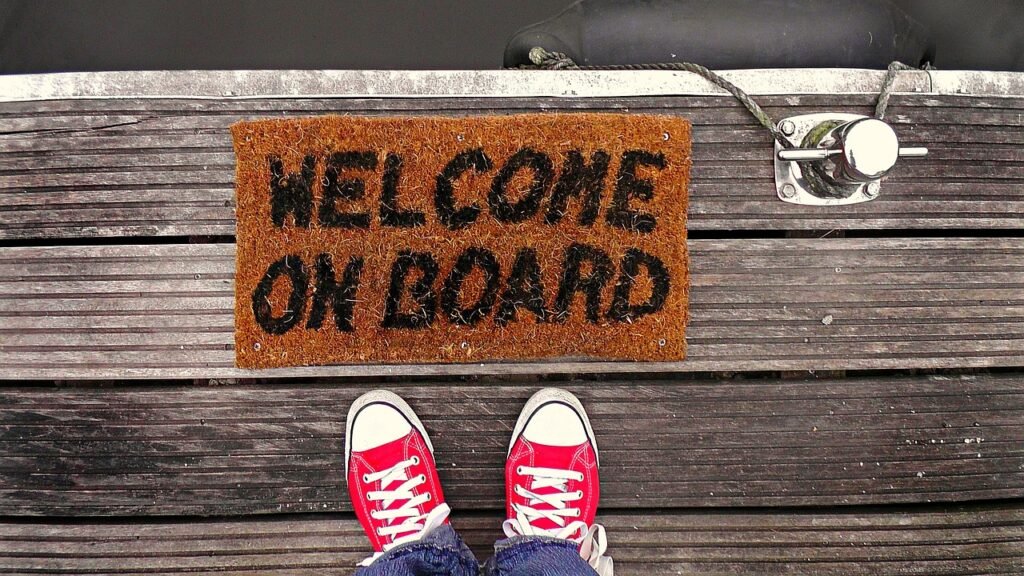
I have a little easy advice for pre-labor home prep! A bonus just for you because you really can’t have enough!
Before Baby Arrives
- Clean and organize the house
I’m a big fan of asking a beloved family member to come help you do this! The end of pregnancy is hard, y’all. You are tired. Ask for help. Cleaning it before helps because you won’t feel like cleaning for a few weeks after.
- Set up the baby’s sleeping area
The first two weeks, my husband and I slept in the living room. I was on the couch (I had stitches and climbing on our big bed was difficult for a while), hubby was in the recliner, and our son was in his bassinet. The changing pad was on the dining room table. Baby clothes (clean and dirty) littered the rest of the table. Have your permanent spot ready, but if you need to transition like we did, figure out what works best for you.
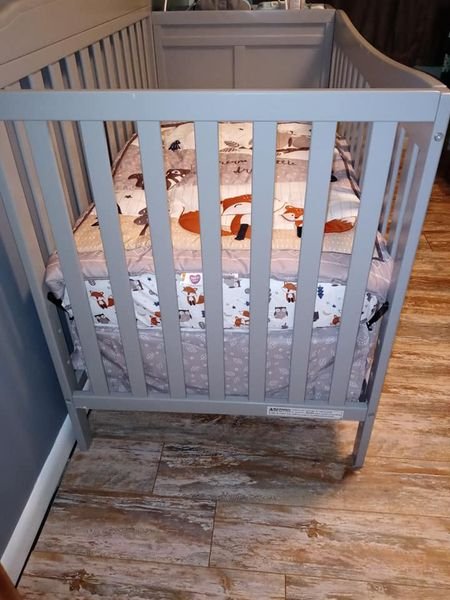
- Install the car seat properly
At week 36, I had my husband install the car seat. He had never done such a thing before—I have plenty of times for nephews, etc., but it was a learning process for him. Be prepared for an early labor because babies come when they are ready, not when you are or hardly ever on the due date.
- Stock up on baby essentials
Get them diapers, wipes, clothes, formula or breastfeeding supplies, etc. Diaper rash cream—I HIGHLY recommend Resinol. It’s over the counter at most pharmacies. It’s pricey and pink but lasts a loooong time because you don’t need much. When I worked in daycare (ages 4 months up to 3 years old) I came into contact with every cream out there. Every parent brought in their favorite creams and ointments. Resinol was the absolute best hands down and all I use on my son. You’ll want infant Tylenol and Motrin. Gas drops. Shampoo/soap and lotions for that sensitive baby skin.
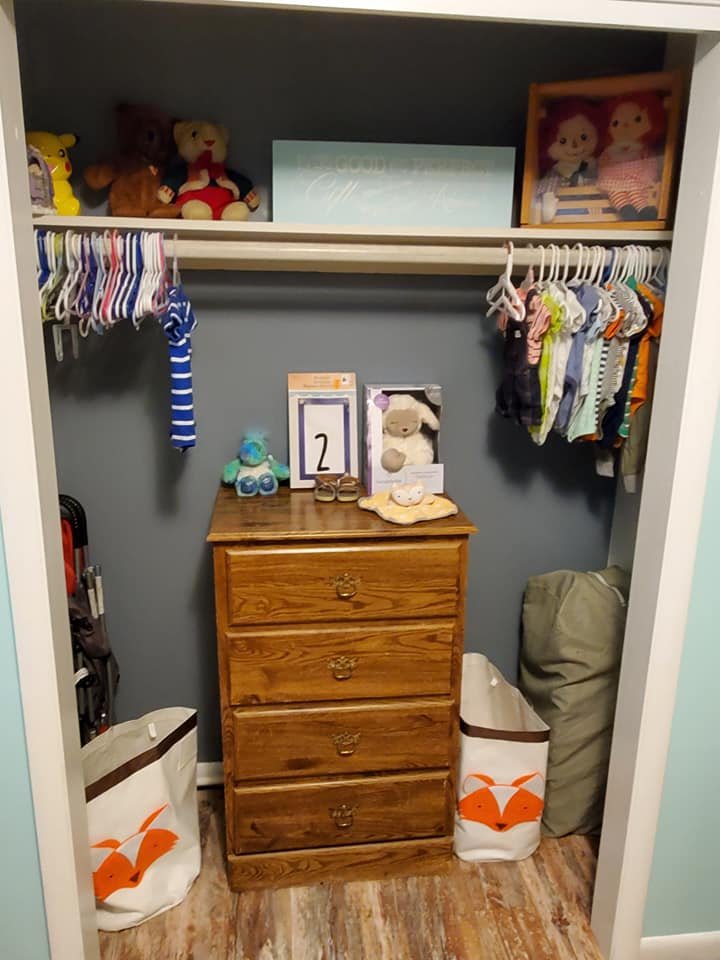
- Stock up on postpartum products
Get your peri bottle and sanitary pads—I actually recommend disposable postpartum underwear– especially if you tore. It was much more comfortable than pads when I had stitches down there. Witch Hazel pads (pro tip-keep them in the freezer) and perineal ice packs are great for down under too! Nipple cream if you’re breastfeeding, but if not take Benadryl after you get home to dry up milk for you formula moms.
- Stock up on groceries and maybe some pre-cooked meals
Get easy meal makings, or meal prep so you just have to warm up already frozen meals you made in advance. Work smarter, not harder! You’ll be too tired for much effort on things like meals for a little while.
- Organize a support system for postpartum
Your emotional and mental wellbeing are just as important as your physical. Ask family or friends in advance for visits to help lend support however you need it. Having a baby is hard on you, inside and out.
- Pick a pediatrician and make sure they’re accepting new patients!
That first-week checkup comes quickly after getting home! You need to know before birth who you’ll be using. Often, the hospital will ask who you will be using and someone from that pediatrician will usually come by your hospital room before you leave the hospital to set this up and answer any questions you have. If this doesn’t happen, no worries. Just call them to set up that first appointment.
*** Also, an extra help: consider taking stool softeners leading up to your labor. That first BM after labor can be extremely painful after birth, especially if you have stitches. I took a small dosage of stool softener daily or every other day for a couple of weeks up to and asked for a dose in the hospital after labor and that first BM went so well. Eating dates also help soften your cervix. They taste horrible, but do your research, it helps!
After Baby Arrives
- Arrival
Introduce the baby to their new environment. Pets and older siblings can be stressors, so be cautious and practice safe methods during this initial meeting. Try not to overstimulate baby or yourselves during this time. Take the time to rest and adjust.

- Feeding
Establish a feeding routine that works for your needs. Every baby is different so it may take a little time to pick up on your little one’s feeding cues, but once it’s down, it will help tremendously. At first, this usually is anywhere from 1-2 hours.
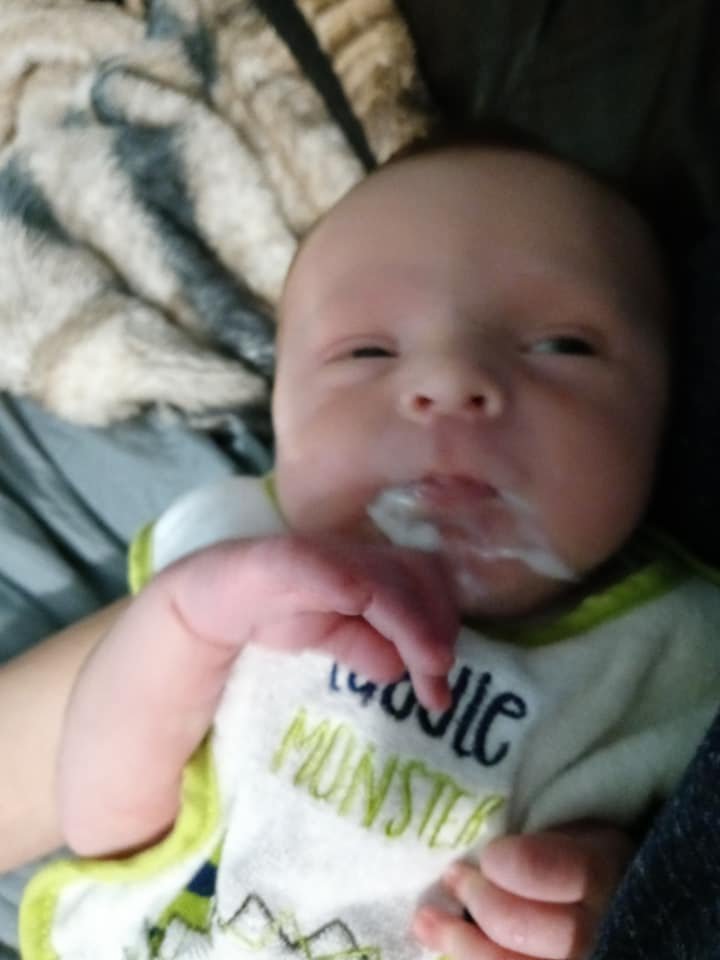
- Diapering
Regularly this is every 2-3 hours on a typical child. You don’t have to put ointment on every diaper change, but monitor for diaper rash or irritation because this can be common with many newborns for a few days. Apply ointment when necessary. If you had a circumcised boy, I recommend being fairly liberal with petroleum jelly on his penis so the skin doesn’t stick and cause extra pain as it heals.
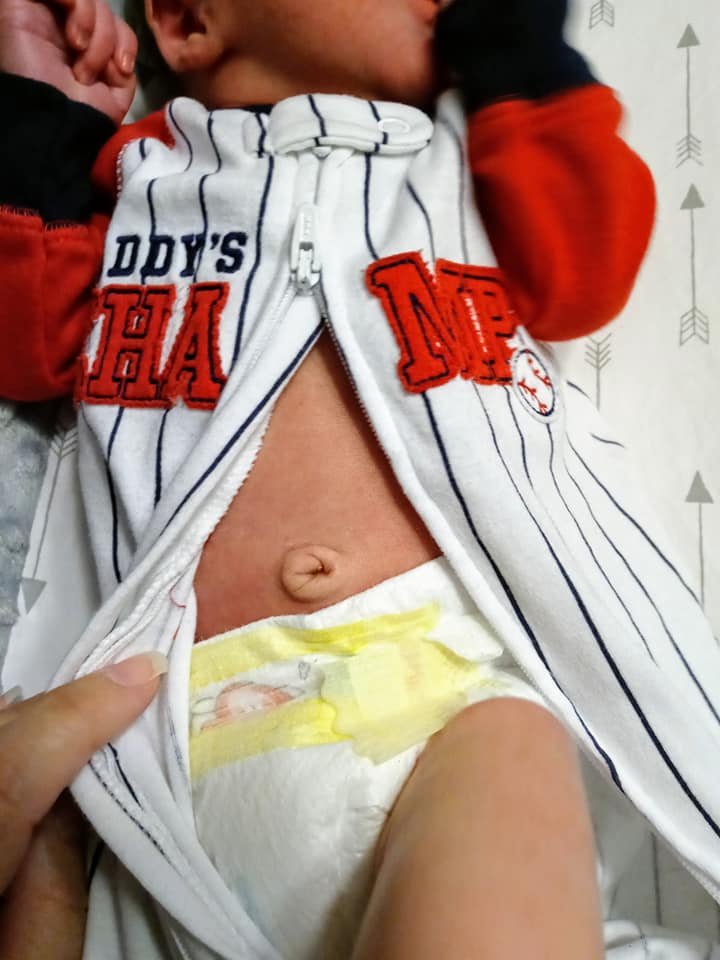
- Sleeping
Place your baby on their back to sleep. This is the safest method. No pillow, no blanket or lovies. They need a firm mattress and no loose bedding they could smother themselves on in their sleep. Sleep sacks or swaddles are great for those early days, they help them feel safe and secure, ensuring better and (hopefully) longer sleep. I could swaddle a baby like a burrito in my sleep thanks to my years working in daycare, but if you struggle, you can ask a nurse at the hospital to show you, look online at videos posted by professionals, or buy swaddles that just Velcro.
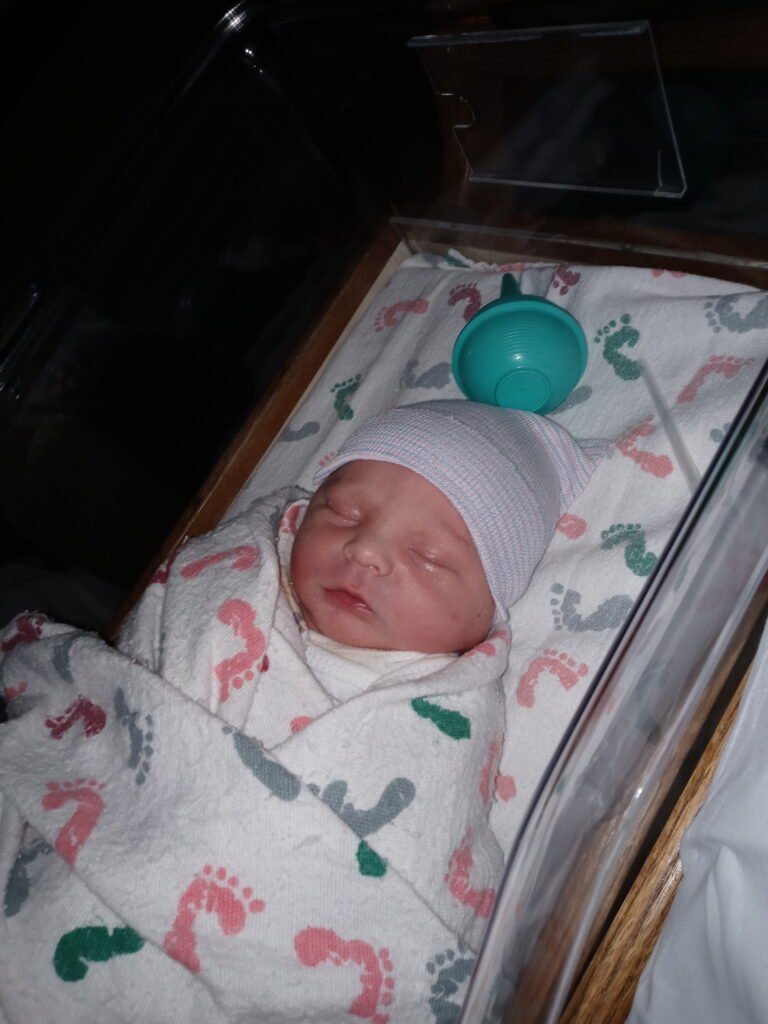
- Health & Wellness
Schedule a pediatrician visit for your 3-5 day old checkup. This usually happens after you’ve been home for about 2 days, so set it up quick. You should also have a follow-up weight check at 2 weeks old. Checkups after this are usually at 1, 2, 4, 6, 9, 12, 15, 18, and 24 months before becoming yearly checkups. Research which are vaccination visits and plan accordingly. Monitor baby’s feeding input and diaper output. Keep track of signs of illness and temperature. If you have questions on anything, your pediatrician will have an on-call nurse you can call 24 hours a day to answer questions. Never be afraid to ask.
- Bonding
Kangaroo Care (skin-to-skin) is great for baby and mom after birth, but even more beneficial if continued at home. In addition, talking, singing, and interacting with your baby from day one helps with bonding and engagement. I started reading to my son before he was even really old enough to understand what it was. Now at 3, he still loves reading.

- Parental Self-care
New babies sure get a lot of attention. They’re adorable, fascinating, and have that new baby smell! But Mom and Dad need care too. Rest when the baby sleeps, whether that be sleep or just lying down. I can’t sleep during the day, no matter how sleepy and exhausted I am, but when my son slept, I rested. Remember that while meeting your newborn’s needs, you need to stay hydrated and eating nutritious meals—especially if breastfeeding. Don’t forget to seek help from your support system. Grandparents, aunt and uncles, and family friends are usually willing to lend a helping hand. I would be remiss not to add parental support groups, whether in person or online. What an immense help they’ve been for me personally!
- Routine Establishment
This will look different for everyone! Don’t compare yourself to others, but you do need to develop a schedule for feeding, sleeping, etc. that works for you and your baby’s needs. In the long term, this also helps you monitor for baby’s development and milestones or any hurdles that might need to be overcome.
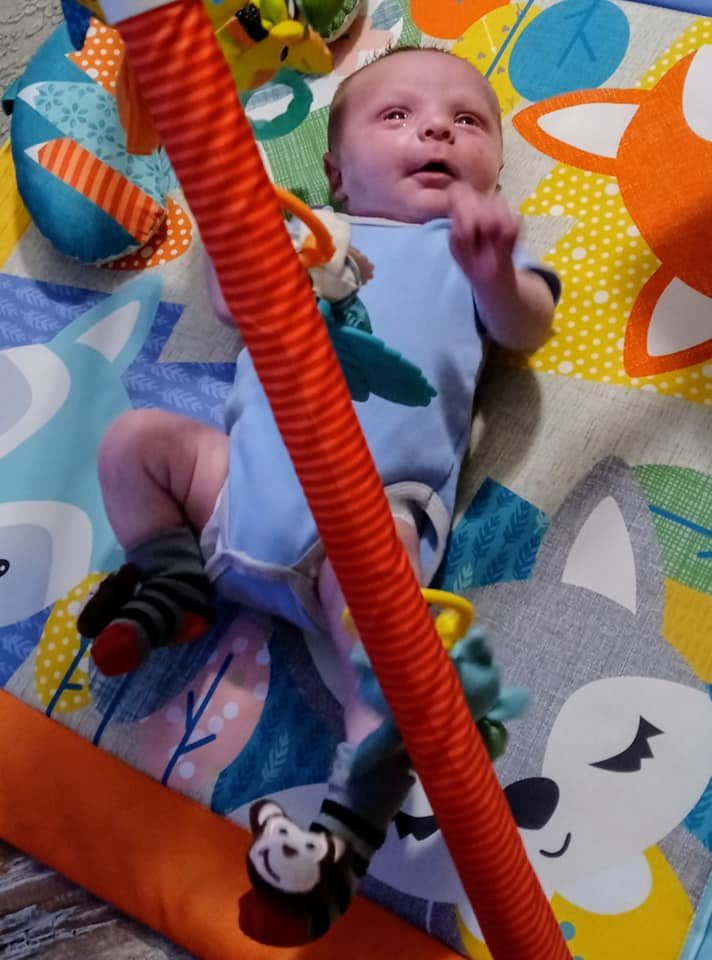
- Safety & Health
Babyproofing in some form or fashion is a NECESSITY. You don’t always have to go overboard, but some things to look into: sharp edges, bracing furniture to walls, cabinets and house doors, stairs and baby gates, electrical cords and plugins, windowsill cords, medications or chemicals stored somewhere safe, etc.
- Social Interactions
You want to limit exposure to crowds for a while and use safe hygiene practices. While you want to introduce baby to immediate family and close friends, always remember to be careful regarding germs. Every visitor should wash their hands before handling the baby and I urge you to reconsider letting anyone kiss your child, even family. It is through close contact with the human mouth that certain germs, bacteria, and viruses are spread, some of which can prove fatal to your newborn (HSV-1, RSV, Mononucleosis, whooping cough, etc).
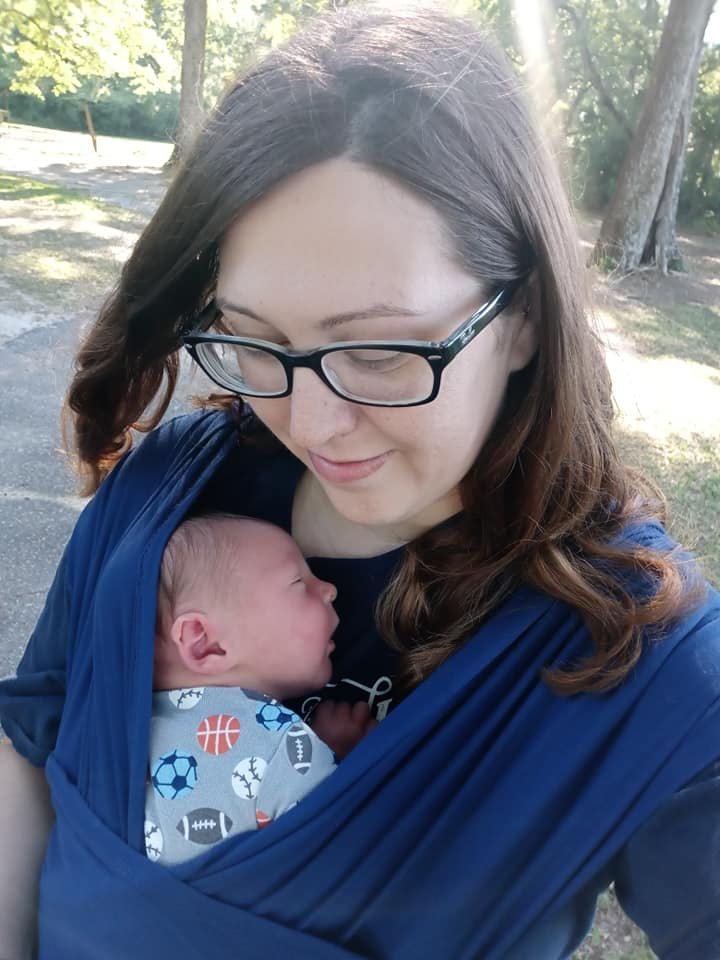
This is just an overview, but I sincerely hope it helps you in your journey. Knowledge is power, and being a parent is just a little easier when you have the right information and resources. They say it takes a village to raise a child, and I wholeheartedly believe this to be true. The great thing about it is you get to pick your village.
Choose wisely, my friends.
Trust your instincts! You’ll be wrong some of the time, but often your gut feeling in parenting is right. No one is an expert on parenting, some just have more knowledge than others. Don’t let yourself be intimidated by ‘seasoned pros’. They had to start somewhere too. It can be challenging and scary, but let yourself enjoy the journey. Every moment and milestone should be cherished—it all goes by so fast.
Don’t blink!
I’m always up for questions or comments, so send ‘em my way! We are in this together.

